I'm trying to deploy my stack to aws using cdk deploy my-stack. When doing it in my terminal window it works perfectly, but when im doing it in my pipeline i get this error: Need to perform AWS calls for account xxx, but no credentials have been configured. I have run aws configure and inserted the correct keys for the IAM user im using.
So again, it only works when im doing manually in the terimal but not when the pipeline is doing it. Anyone got a clue to why I get this error?
